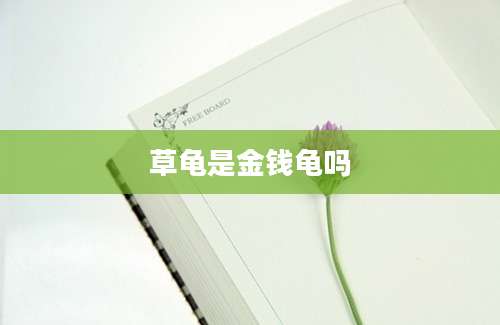标题:关于原因状语

文章:
在英语语法中,原因状语是用来表示动作或状态发生的原因或理由的状语。它通常由从句或短语构成,放在主句之前或之后,用以解释为什么某事会发生。原因状语在句子中起到了连接主句和从句,使句子表达更加完整和清晰的作用。
一、原因状语的构成
原因状语可以由以下几种方式构成:
1. 由because引导的原因状语从句:
Because he was tired, he decided to take a break.
因为他累了,他决定休息一下。
2. 由because of引导的原因状语短语:
Because of the heavy rain, the game was postponed.
因为大雨,比赛被推迟了。
3. 由as引导的原因状语从句:
As it was raining, we stayed indoors.
因为下雨,我们待在室内。
4. 由since引导的原因状语从句:
Since you are late, we should start the meeting.
既然你迟到了,我们应该开始会议。
二、原因状语的位置
原因状语的位置可以根据句子的结构和上下文的需要进行调整。它通常放在句首、句中或句末。
1. 放在句首:
Because it was raining, we stayed indoors.
因为下雨,我们待在室内。
2. 放在句中:
We stayed indoors, because it was raining.
我们待在室内,因为下雨。
3. 放在句末:
It was raining, so we stayed indoors.
因为下雨,所以我们待在室内。
三、原因状语的例子
以下是一些原因状语的例子:
Because she was sick, she missed the meeting.
由于她生病了,她错过了会议。
They are late because of the traffic jam.
他们迟到是因为交通堵塞。
四、常见问题清单及解答
1. 原因状语和结果状语有什么区别?
原因状语用来表示导致动作发生的原因,而结果状语用来表示动作发生的结果。例如:“Because it rained, the ground was wet.”(因为下雨,地面是湿的。)这里“Because it rained”是原因状语,“the ground was wet”是结果状语。
2. 原因状语从句可以放在句子的任何位置吗?
不可以。原因状语从句通常放在句首,尤其是当原因非常重要或者要强调时。
3. 如何区分because和because of?
Because通常引导原因状语从句,后面跟从句。例如:“Because I was tired, I went to bed early.”(因为我累了,所以我早睡了。)而because of通常引导原因状语短语,后面跟名词或名词短语。例如:“I was late because of the traffic.”(我迟到是因为交通拥堵。)
4. 原因状语可以用在否定句中吗?
可以。例如:“It's not because I don't want to go, but because I have to work.”(不是因为我不想去,而是因为我必须工作。)
5. as和because哪个更常用?
Both "as" and "because" are commonly used to introduce clauses of reason. "Because" is more formal and is used in a wider variety of contexts. "As" is more informal and is often used in spoken English.
6. 原因状语从句中可以使用否定词吗?
可以。例如:“I didn't go to the party because I didn't feel well.”(我没有去派对,因为我感觉不舒服。)
7. 原因状语可以由多个短语构成吗?
可以。例如:“Because of the heavy rain, and because he was feeling unwell, he decided to stay at home.”(因为大雨,再加上他感觉不舒服,他决定待在家里。)
8. 原因状语从句中可以使用现在时吗?
可以。例如:“If it rains, we will cancel the trip.”(如果下雨,我们将取消旅行。)
9. 原因状语从句中可以使用将来时吗?
可以。例如:“I'll go to the store if it stops raining tomorrow.”(如果明天雨停了,我会去商店。)
10. 原因状语和结果状语在句子中的顺序如何?
通常情况下,原因状语放在结果状语之前。例如:“Because I was tired, I took a nap.”(因为我累了,我小睡了一会儿。)但如果需要强调结果,也可以将结果状语放在前面。例如:“I took a nap, because I was tired.”(我小睡了一会儿,因为我累了。)
以上解答来源于英语语法教材和在线教育资源,如Grammarly(https://www.grammarly.com/)和BBC









